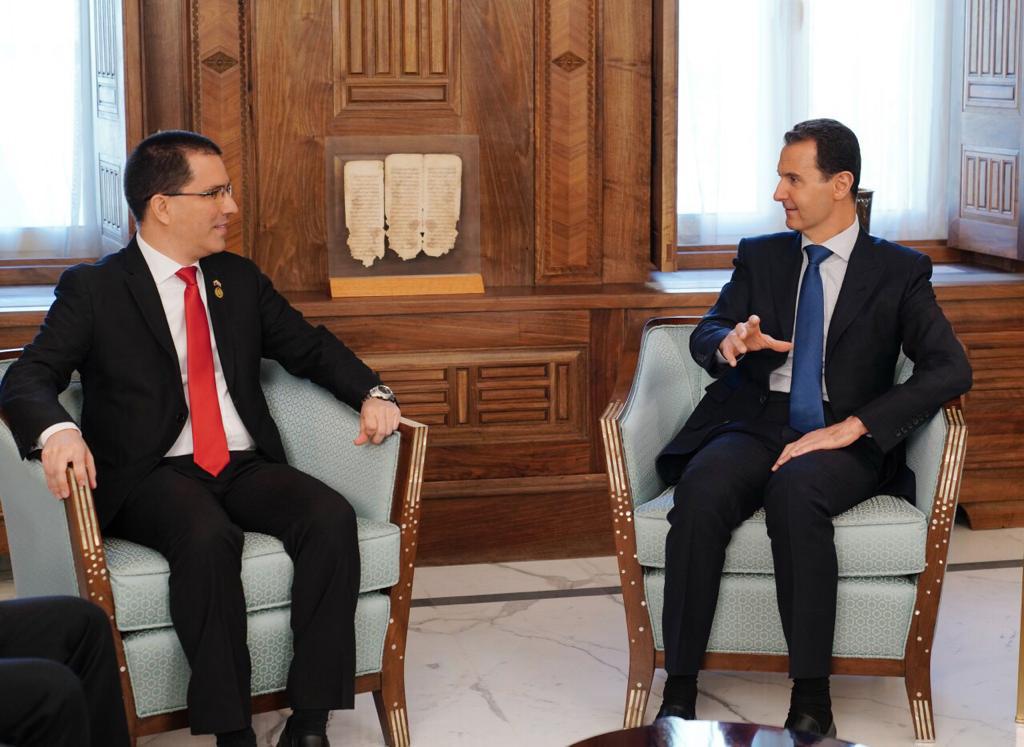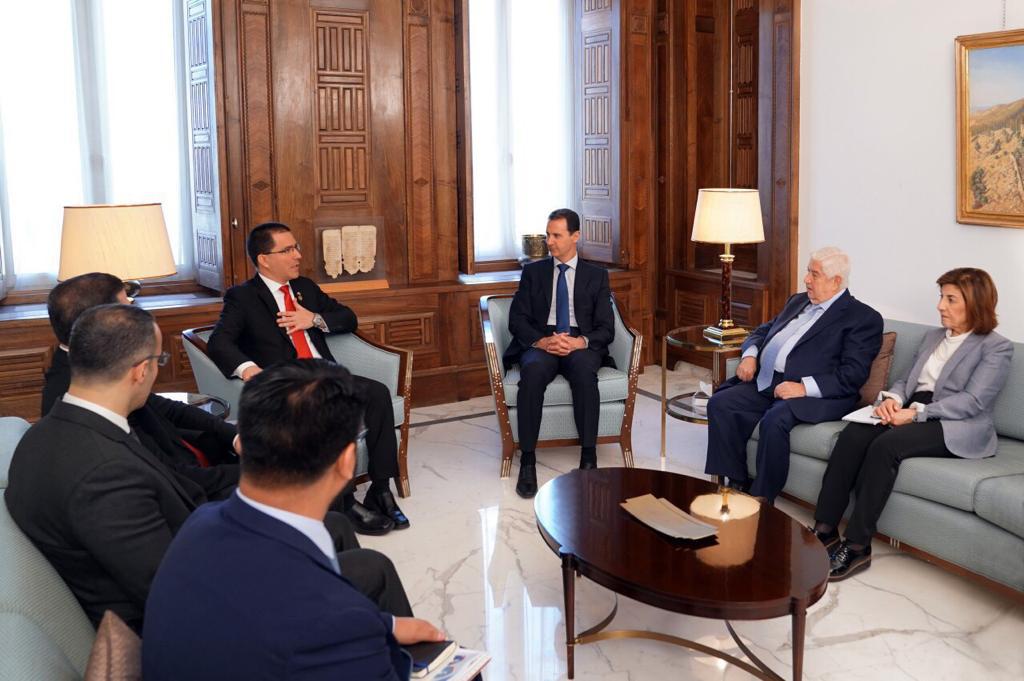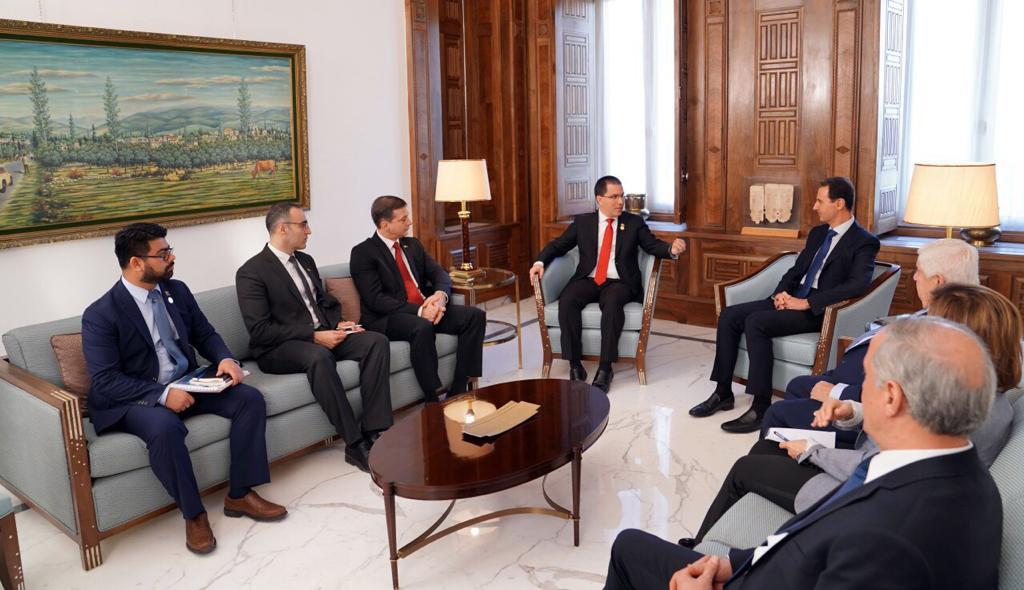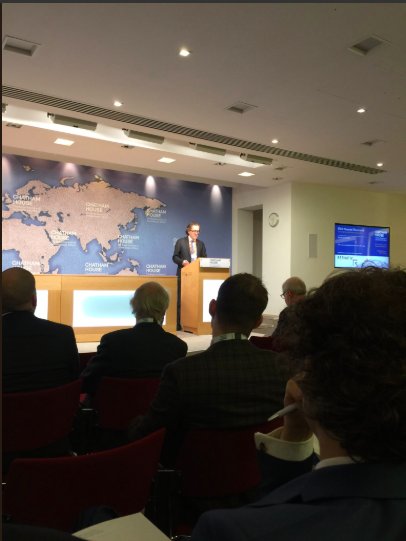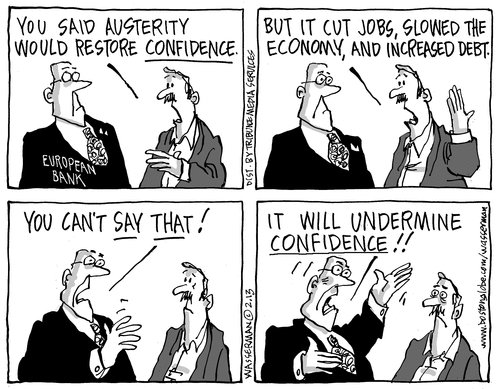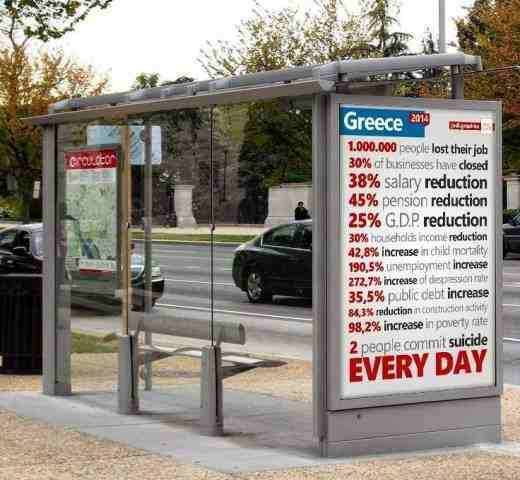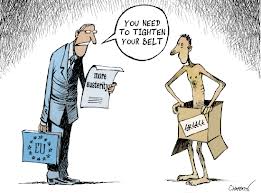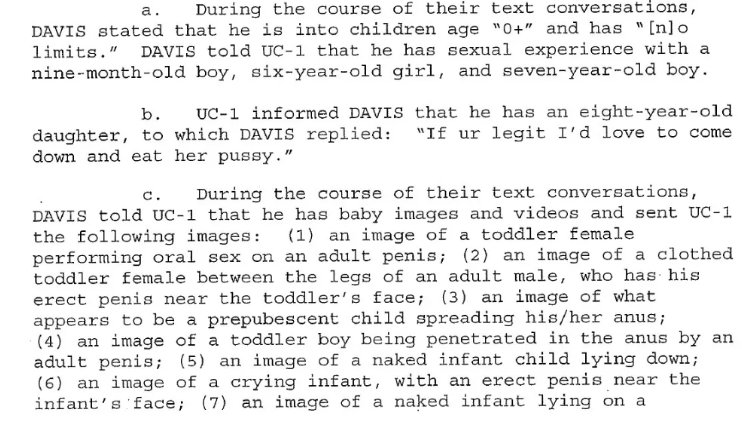un.org/pga/73/event/i…
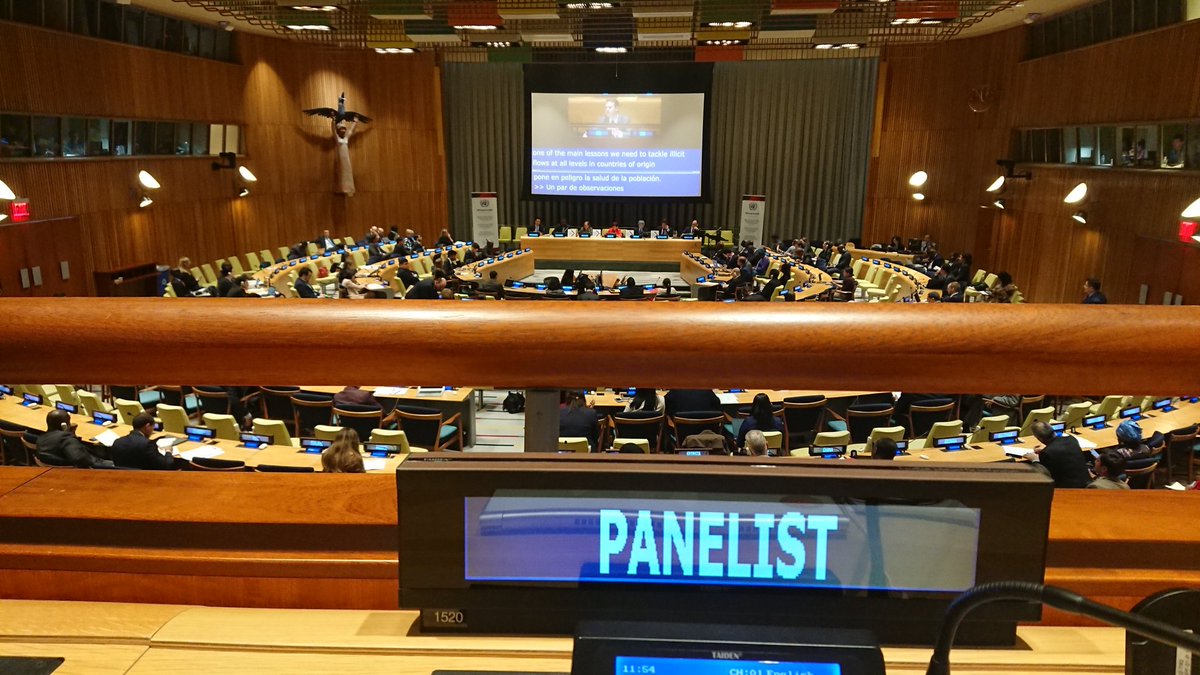
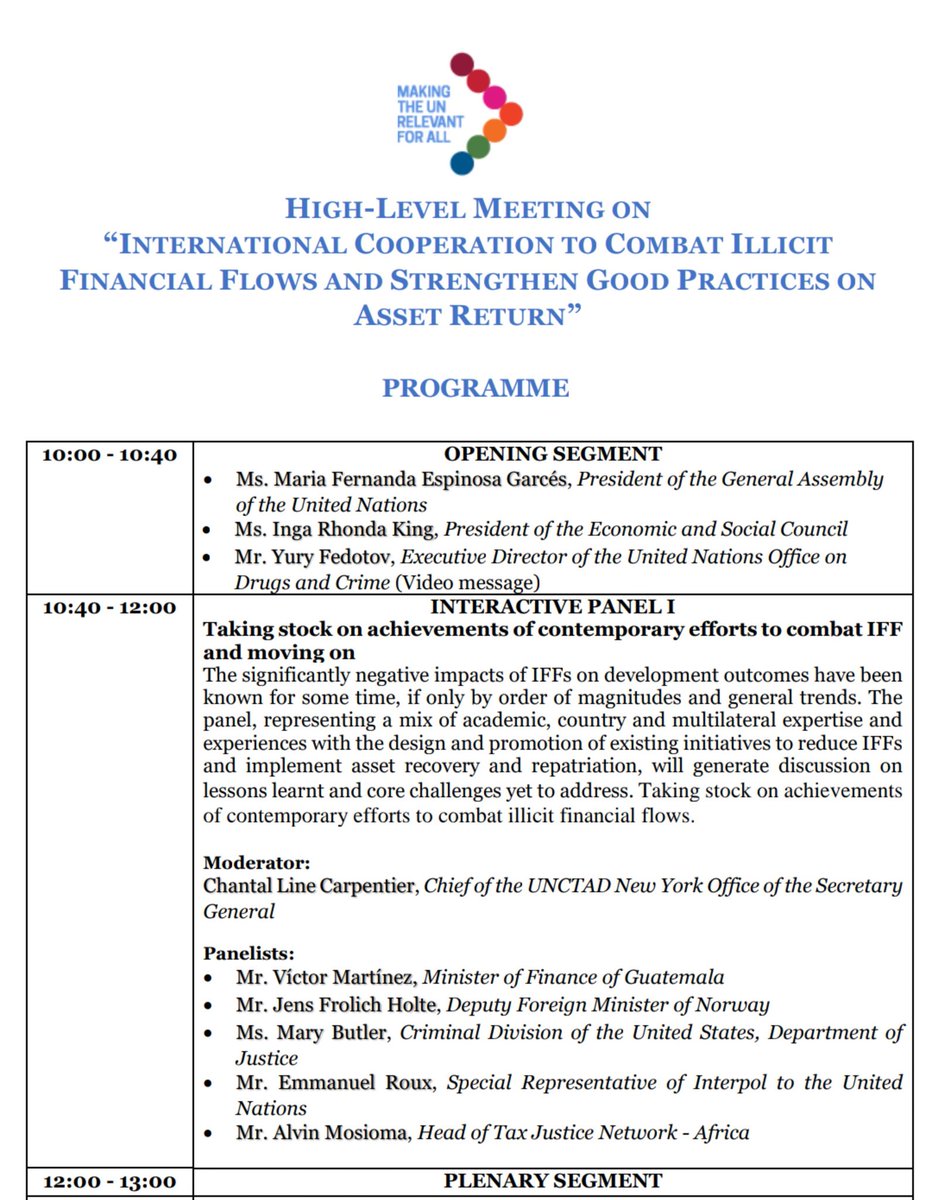
1 Accelerated cooperation
2 Far-reaching transparency
3 Unflinching justice
(and a great shout out to the work of @TJNNorge)
But also attempts from OECD and US speakers to narrow back down - including really disappointing emphasis on 'capacity-building' as alternative
On which, here's @nickshaxson: ftalphaville.ft.com/2019/05/16/155…
Automatic multilateral exchange of tax info
Beneficial ownership transparency
Country-by-country reporting, publicly, by multinationals
Also proposing a global equivalent to the pathbreaking Mbeki panel on IFF out of Africa
[rest of tweet deleted due to offensive content]
And highlights that UNCAC is not fit for purpose to combat IFF, and also calls for a *UN tax convention*
Member countries 103
Middle-income 30
Least developed 1
Members of country-by-country reporting information exchange agreements:
All countries 74
Middle-income 17
Least developed 2
I'd love to think BEPS 2.0 will deliver for lower-income countries. But if you really believe it will, I have a bridge to sell you.
Tax justice must not only be done, but must be seen to be done.
"We see tax not paid as corrupt"

